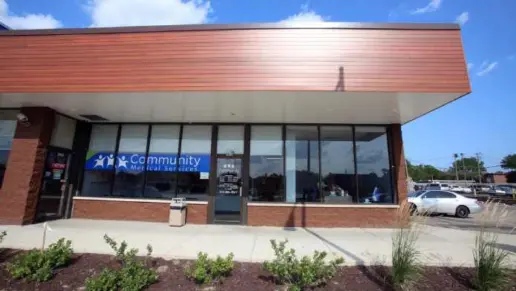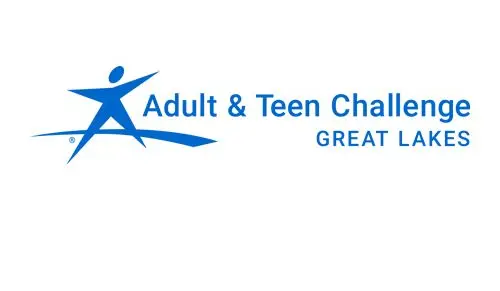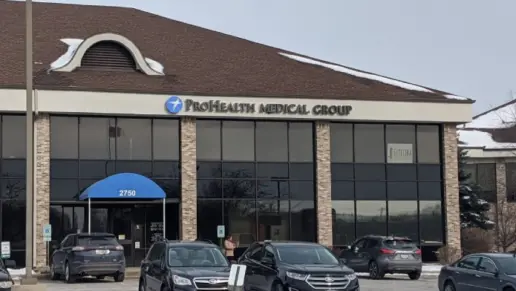The doctors misdiagnosed me, they prescribed an incorrect medication which side effects caused me to have a mental illness, now I have to take medication for those side effects every day for the rest of my life. I think that Dr.s who misdiagnoses patients and cause mental il ...
About Meriter Hospital – Behavioral Health
Meriter Hospital – Behavioral Health is a mental and behavioral health care facility for children and adolescents in Madison, Wisconsin. Here you’ll find services to help address different psychiatric illnesses including co-occurring disorders like substance abuse. They provide inpatient and intensive outpatient treatment, although their outpatient program isn’t set up to support addiction recovery. They accept self pay and private insurance.
All of their treatment plans are individualized based on the client’s exact needs. Some of the available services include individual, family, and group counseling, crisis intervention, educational courses, life skills training and social skills workshops. Their treatments combine holistic therapies like exercise and movement with evidence based methods including dialectical behavioral therapy.
Their inpatient unit is designed to serve clients between the ages of six and 18 who are experiencing acute behavioral health challenges. The secure facility can take up to 30 people at a time, and the rooms are private. Something I like about this unit is that they’ve gone to great lengths to make sure it doesn’t feel too cold or impersonal. There’s an onsite yoga studio, a calming room, a sensory station and even an outdoor walking track. You can participate in many different recreational activities during your stay. You’ll also complete your schoolwork in their classroom.
Facility Overview
Rehab Score
Gallery
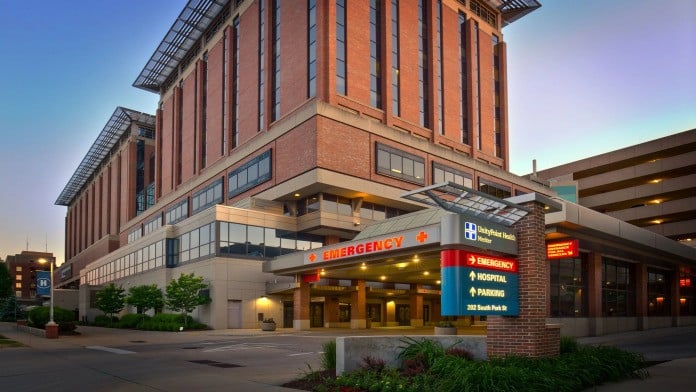
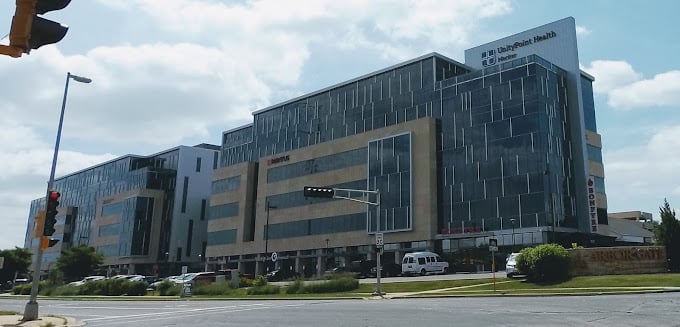
Location
Other Forms of Payment
Medicaid is a state based program that helps lower-income individuals and families pay for healthcare. Medicaid covers addiction treatment so those enrolled can use their coverage to pay for rehab. When a program accepts Medicaid the client often pays very little or nothing out of their own pocket.
Private insurance refers to any kind of healthcare coverage that isn't from the state or federal government. This includes individual and family plans offered by an employer or purchased from the Insurance Marketplace. Every plan will have different requirements and out of pocket costs so be sure to get the full details before you start treatment.
Self-pay involves paying for treatment out of your own pocket. You can use savings or credit, get a personal loan, or receive help from family and friends to fund your treatment. If you don't have insurance or your insurance plan doesn't cover a specific program, self-pay can help ensure you still get the care you need.
Medicare is a federal program that provides health insurance for those 65 and older. It also serves people under 65 with chronic and disabling health challenges. To use Medicare for addiction treatment you need to find a program that accepts Medicare and is in network with your plan. Out of pocket costs and preauthorization requirements vary, so always check with your provider.
Addiction Treatments
Levels of Care
Treatments
Mental health rehabs focus on helping individuals recover from mental illnesses like bipolar disorder, clinical depression, anxiety disorders, schizophrenia, and more. Mental health professionals at these facilities are trained to understand and treat mental health issues, both in individual and group settings.
Programs


Clinical Services
Cognitive Behavioral Therapy (CBT) is a therapy modality that focuses on the relationship between one's thoughts, feelings, and behaviors. It is used to establish and allow for healthy responses to thoughts and feelings (instead of unhealthy responses, like using drugs or alcohol). CBT has been proven effective for recovering addicts of all kinds, and is used to strengthen a patient's own self-awareness and ability to self-regulate. CBT allows individuals to monitor their own emotional state, become more adept at communicating with others, and manage stress without needing to engage in substance abuse.
Whether a marriage or other committed relationship, an intimate partnership is one of the most important aspects of a person's life. Drug and alcohol addiction affects both members of a couple in deep and meaningful ways, as does rehab and recovery. Couples therapy and other couples-focused treatment programs are significant parts of exploring triggers of addiction, as well as learning how to build healthy patterns to support ongoing sobriety.
Research clearly demonstrates that recovery is far more successful and sustainable when loved ones like family members participate in rehab and substance abuse treatment. Genetic factors may be at play when it comes to drug and alcohol addiction, as well as mental health issues. Family dynamics often play a critical role in addiction triggers, and if properly educated, family members can be a strong source of support when it comes to rehabilitation.
Group therapy is any therapeutic work that happens in a group (not one-on-one). There are a number of different group therapy modalities, including support groups, experiential therapy, psycho-education, and more. Group therapy involves treatment as well as processing interaction between group members.
In individual therapy, a patient meets one-on-one with a trained psychologist or counselor. Therapy is a pivotal part of effective substance abuse treatment, as it often covers root causes of addiction, including challenges faced by the patient in their social, family, and work/school life.
Nicotine Replacement Therapy (NRT) is a way of getting nicotine into the bloodstream without smoking. It uses products that supply low doses of nicotine to help people stop smoking. The goal of therapy is to cut down on cravings for nicotine and ease the symptoms of nicotine withdrawal.
Amenities
-
Private Rooms
Staff

Market President

COO

Chief Nursing Executive & VP of Patient Care

Regional VP Clinic Operations

Regional VP, Medical Director
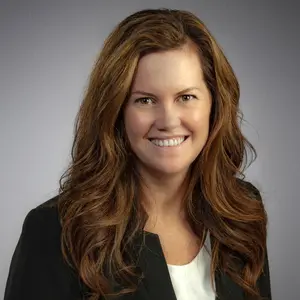
Foundation President

CFO
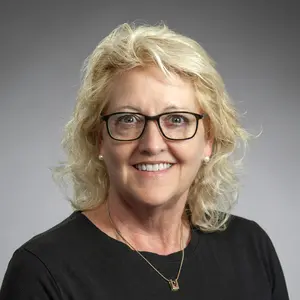
Executive Director, Pregnancy & Newborn Care
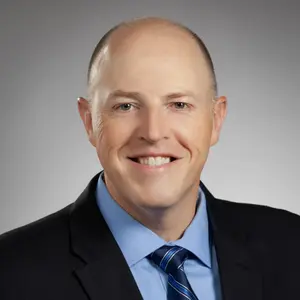
Regional Chief Medical Information Officer
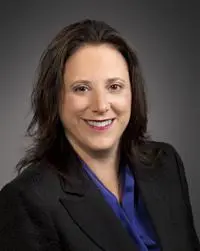
Chief Medical Officer
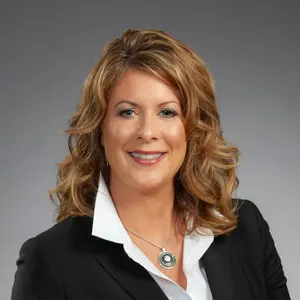
VP, Human Resources
Contact Information
202 South Park Street
Madison, WI 53715
